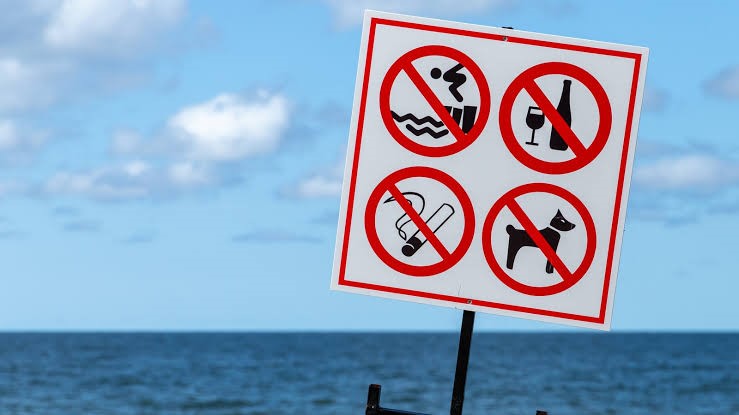Considering international travel? Here’s everything to know about strict regulations to Know

Considering international travel? Here’s everything to know about strict regulations to Know
When planning international travel, it is essential to consider the various regulations that may apply in your destination country. While much attention is often given to logistics and itineraries, understanding the local laws is equally important.
Legal systems and regulations can vary significantly across nations, with some possessing particularly unique stipulations. We have gathered a selection of the most unusual laws and regulations that travellers should be aware of prior to their journey.
For instance, in Thailand, it is illegal to step on the Thai Baht, the national currency, which features an image of the King. This law reflects the deep respect the Thai people have for their monarch, and stepping on the currency is viewed as a serious affront to a revered figure.
Now, let us explore some countries known for their strict regulations that visitors should keep in mind.
Singapore:
Singapore is renowned for its iconic landmarks, including Marina Bay Sands, Sentosa Island, and the Merlion. The city-state’s culinary scene is exceptionally diverse, reflecting its multicultural heritage and rich colonial past, while also embracing a progressive outlook. Visitors can explore charming neighborhoods, captivating museums, and impressive architectural feats.
However, the country is equally recognized for its strict regulations. Given the high standards of cleanliness maintained throughout the nation, one might argue that the enforcement of stringent cleanliness laws is justified.
Tourists must be aware of the strict drug laws, which come with severe consequences. The importation and sale of chewing gum are prohibited, and offenses such as littering and jaywalking are met with significant penalties.
In Singapore, it is essential to refrain from feeding wildlife, as this practice is regulated to safeguard the local ecosystem and ensure the well-being of animals. Additionally, laws mandate the use of seatbelts in vehicles, prohibit smoking in public areas, and emphasize the importance of respecting cultural and religious customs. There are also strict penalties for graffiti and vandalism.
Let us now examine the situation in Saudi Arabia.
In Saudi Arabia, it is strictly forbidden to mock, provoke, or undermine public order, religious convictions, or societal values. Any form of criticism aimed at the country, its royal family, leadership, or the Islamic faith is considered illegal. These laws extend to social media posts, irrespective of their date or the location of the individual posting them, with some facing significant prison sentences for tweets made long before their arrival in the country.
Additionally, the consumption of alcohol is entirely banned. Engaging in sexual relations or cohabiting without marriage is also illegal, and those who suffer from sexual assault may face legal hurdles, as they might not be recognized as victims by the authorities.
Moreover, both men and women are expected to dress modestly in public, which entails covering shoulders and knees and avoiding tight-fitting attire or clothing that features offensive language or imagery.












